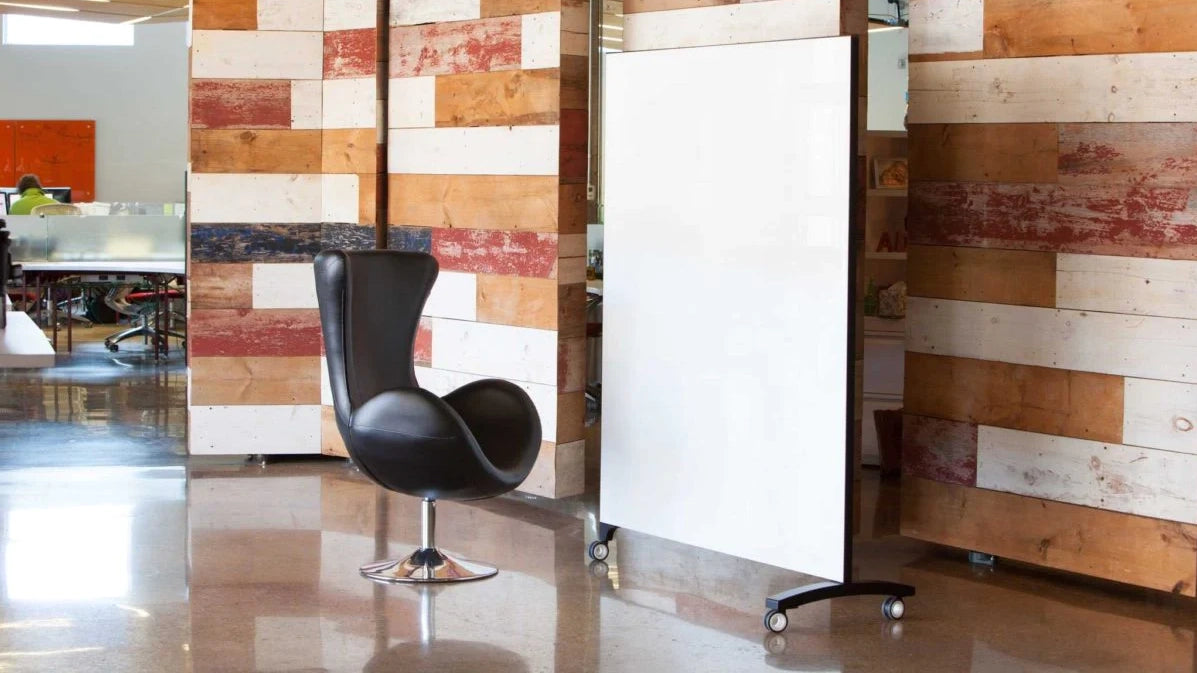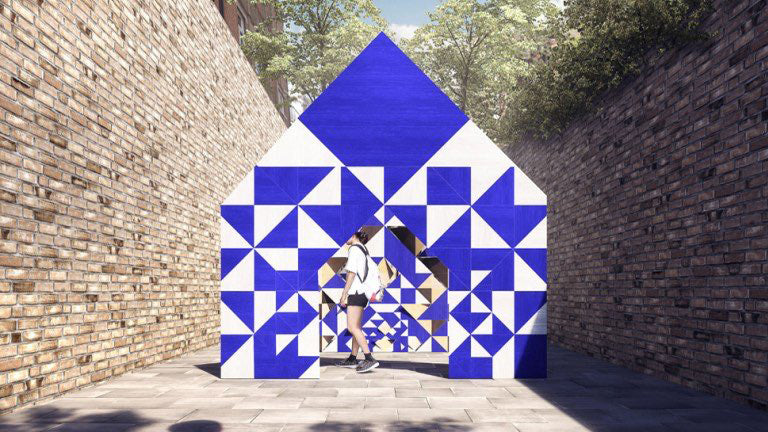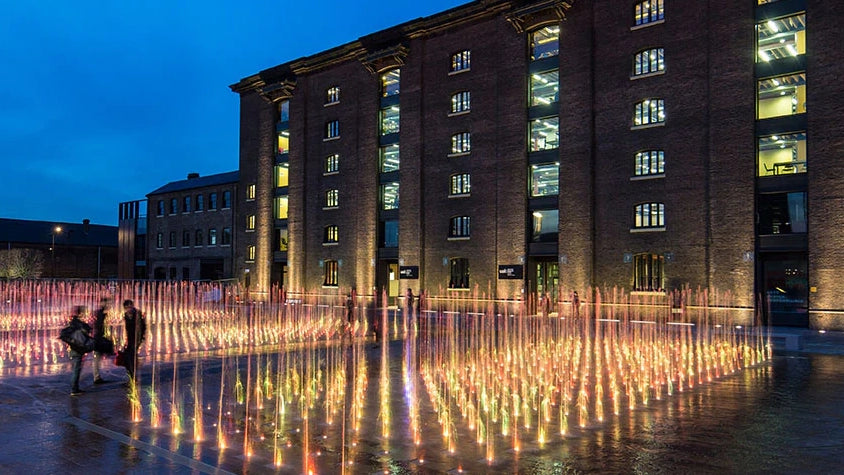Write on the walls at your work and you’re likely to be given a scrubbing brush and a disciplinary meeting, but with Clarus; it’s exactly what they want you to do…
Starting in 2009, Clarus began with the desire to create beautiful products that improve the way people collaborate and communicate.
Today, Clarus Glassboards is the largest manufacturer of glass dry erase systems in the US with a vertically integrated manufacturing campus based in Texas. Their glassboard systems give people an attractive and functional alternative to the messy and mundane whiteboard systems of old.
Echelon are working with Clarus to bring their solutions to the UK. With this in mind, we spoke with Bryce Stuckenschneider, Clarus’s VP or Marketing to find out a little more about the company as they present their offering at Clerkenwell Design Week.

Echelon: Let’s begin with a little about you, what’s your background and what made you want to work with Clarus?
Bryce: I’ve worked in the furniture industry for a number of years and always admired Clarus from afar. The origin story (two friends starting a company in their garage) and the company’s fanatical attention to customer service were things I fell in love with.
When I had a chance to meet the founders and they asked me what I thought about moving my family across the US, to where Clarus is headquartered in Texas, it seemed like a once-in-a-lifetime opportunity.
Echelon: You’re a pretty young company considering your awards and achievements, what do you think has helped determine your success?
Bryce: Being agile is a huge factor in our success. We don’t do things “because that’s the way they’ve always been done.” That allows us to solve complicated problems for customers and build relationships quickly where architects, designers, and companies trust us as a partner.
Echelon: What makes Clarus different from a typical whiteboard?
Bryce: There are two answers to that question. First, glassboards are in a different league compared to whiteboards. A traditional whiteboard (porcelain, steel, or melamine) is likely to ghost and stain. Everyone has seen a whiteboard that looks dirty in their life. It’s inevitable because those are porous surfaces. The biggest advantage of glass is the fact that it will never ghost, stain, or fade.
Glass is a non-porous surface, so it is going to look the same five years from now as the day you installed it. Additionally, glassboards are supremely more customizable than traditional whiteboards. Any size, shape, color, and even print graphics and logos are possible on glass.
Echelon: What about your competitors in glassboard?
Bryce: Now when it comes to the difference between Clarus Glassboards and ‘the other guys’, there are serious differences too. We’re the only glassboard manufacturer that makes 100% of our products under one roof. Most competitors are sourcing cheap and unsafe glass from China to keep their costs low. Also, because ‘the other guys’ try to cut corners, they offer limited options when it comes to sizes and colors (usually 3-4 sizes and 5-6 colors).
Often their lead times are unbelievable. These companies take months to get orders to their customers. Our vertically integrated manufacturing facility allows us to ship glassboards in a fraction of the time of the other guys.

Echelon: How do you make your design choices?
Bryce: We certainly try to design for a modern aesthetic and appeal. Our team is dialed into the design community and attending trade fairs and design events all over the world to draw inspiration from the workplaces of tomorrow.
Echelon: What do you think drives innovation?
Bryce: First and foremost, needs drive innovation. When a need is un-met, we start to hear pain points from designers and customers. Those needs, coupled with advances in technology, allow us to innovate and bring products to the market that didn’t exist before.
Echelon: What’s the most interesting thing you’ve seen drawn on one of your glassboards?
Bryce: With hundreds of thousands of products installed in the field, there are a lot of options to choose from. Perhaps the most exciting is when you see organizations like NASA using glassboards. To think that our products are helping propel people into space and beyond excites us more than we can describe.

Echelon: What’s the thinking behind making the product yourselves, rather than outsourcing?
Byrce: We obsess over the details. We work in an industry where details matter. Every little detail can be the difference between a project being a success or failure. So why trust anyone else with the details? We can’t be the best at what we do if we don’t own the manufacturing process.
Echelon: In what ways are Clarus a sustainable company?
Bryce: Glass is a very eco-friendly material. There is post-consumer recycled material in the raw glass we start with, and many of our products are recyclable themselves.
Echelon: Your products focus on interaction and collaboration; how do you see the future of collaboration in the workplace?
Bryce: What a loaded question! In short, we believe that people will continue to want to work in new ways that allow them flexibility and a combination of collaboration AND focus time. The spaces we’re designing (and the products) need to compliment those desires. We’re working on products that are versatile and compatible with the next generation of technology.
Echelon: What are you most looking forward to seeing at Clerkenwell Design Week?
Bryce: We’re can’t wait to connect with a community known as a global leaders in design. While we’re bringing products to display at CDW, we’re more excited to come listen and learn about what’s next in the design community and how we can make a meaningful contribution.





